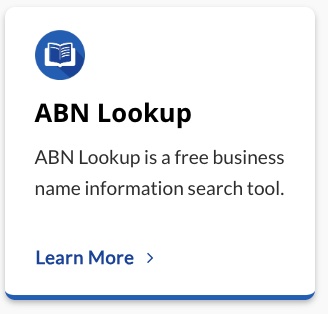Today, we are diving into the world of financial technology, also known as ‘fintech’. There’s an impressive development that’s poised to revolutionize the way we think about finances and how they are regulated. This development is Digital Financial Reporting, or more commonly referred to as DFR. Having a clear understanding of this innovative system and how it can impact the future of fintech is critical. We’ll break down what exactly DFR is and then look at how it will revolutionize financial technology.
DFR is the process of using deft digital tools to report financial activities. This isn’t just about producing electronic documents to replace piles of paper, but creating intelligent, interactive data that changes to reflect current realities of the business. Think of it like your phone that updates information in real-time, staying in sync with the world. In the same vein, DFR would allow financial reports to reflect the vibrant, changing dynamics of businesses instead of being static documents.
Now that we’ve introduced DFR, let’s discuss how it’s set to shape the future of financial technology. DFR is not only about creating financial fluctuations in real-time but also about the precision it lends to financial data. With the advent of DFR, financial information will become much more accurate and reliable. It’s like having a GPS that guides you on the most precise route, avoiding errors and inefficiencies.
The shift to DFR also means that there is the potential for better regulatory compliance. Compliance is all about playing by the rules. It’s like the school’s code of conduct, but for financial companies. With DFR, these rules are less likely to be broken because everything is monitored digitally and made transparent. It’s similar to having a diligent teacher overseeing a class, ensuring every student is performing towards their optimal potential.
One common worry with digital systems is security. Understandably, handing over all your financial goings-on to a digital platform would raise quite a few eyebrows. It’s like trusting a stranger with your deepest secrets. But DFR takes this into account. The security it offers is robust, and the system is built to resist all forms of manipulation or interference. It’s like having a digital fortress protecting your precious information.
So, is DFR ready to take over? Well, not just yet. As exciting as this might sound, for now, DFR is still being tested and perfected. It’s like a promising student – full of potential but still needs to learn, make mistakes and grow.
Yet, one thing is clear: DFR holds incredible promise for the world of fintech. It heralds a future where financial reporting is not a tiresome chore but a dynamic, accurate, and secure process.
In conclusion, Digital Financial Reporting seems to be the way of the future for finance. As the digital age progresses, it is compelling to look forward to these developments and the wonderful impact they can have on our lives and business operations.
Register your new business name at register.biz.au


